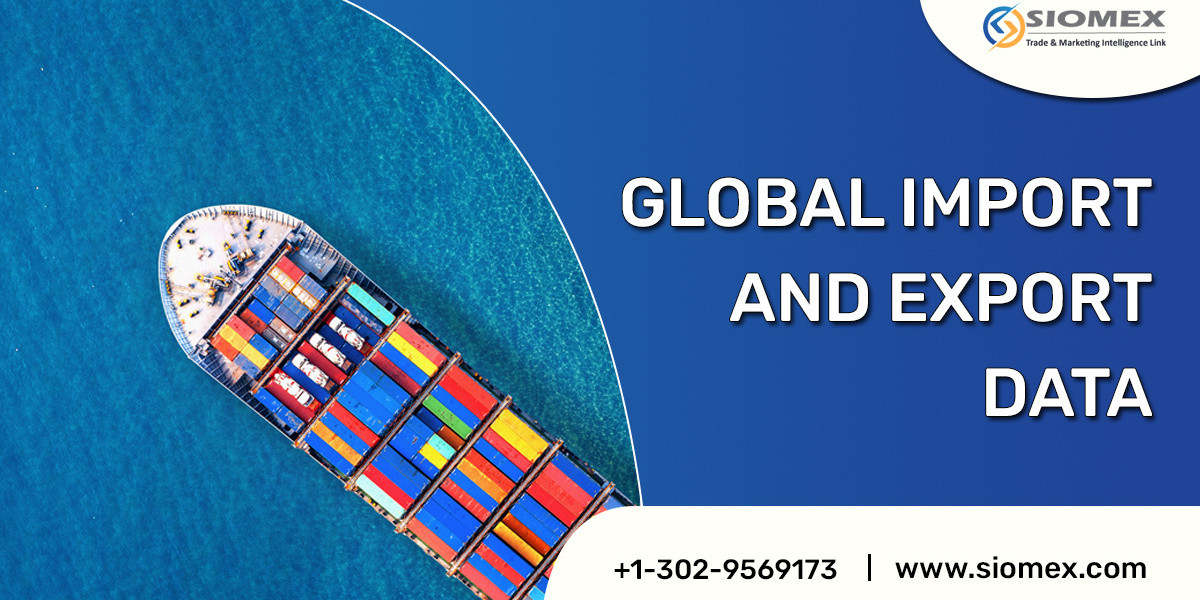Global trade agreements have a major influence on businesses, economies, and everyday people. They shape how products move across borders, affect prices, and open or close opportunities for companies worldwide. A new trade agreement can change everything, from the cost of goods in stores to the way businesses plan their future. But how exactly does such an agreement impact global trade? Let’s break it down in simple terms with real-world examples.
Increasing Trade between Nations
Reducing taxes on business between nations is one of the primary objectives of a trade pact. Consider two countries that lie side by side and make things that are distinct from one another. One has a lot of wheat, whereas the other builds electronics. Suppose they agree; they may lessen or eliminate tax (tariffs) on items from each nation. This is to say business in both nations can sell and purchase more affordably, making trade grow more.
For the example, when the USMCA trade agreement was signed between the United States and Mexico, it benefited car manufacturers from both nations because they would be able to acquire parts at a lower price.
This reduced the cost of manufacturing cars, which decreased costs for businesses and consumers.
Reducing Costs to Consumers and Businesses
When a trade agreement lowers tariffs on imported goods, companies save. Those savings frequently filter through to consumers and result in less expensive items for sale in the stores. When a nation buys a lot of electronics, an agreement that takes away unnecessary expense on those devices may lower prices on smartphones and laptops for everybody.
Consider the case of European nations which do business in the European Union. Since they have a trade agreement, a French firm can import German-made machines without incurring additional taxes. This reduces business expense and enables firms to sell at a competitive price.
Creating More Job Opportunities
When companies can trade freely, they tend to expand. A small firm that before had difficulty exporting due to high import charges may now easily sell its products overseas. New employment opportunities arise from this expansion. Increased trade translates to increased demand, and firms require more employees to fill this demand.
For example, India's trade policies with other nations have enabled its textile sector to develop. With less difficulty accessing the global market, numerous Indian factories have expanded their operations, offering employment opportunities for thousands of people.
Encouraging Foreign Investments
A trade deal is a strong message to investors: the market is stable and open for business. Investors want to invest in countries where the rules of trade are clear and beneficial. This results in foreign firms opening factories, offices, or warehouses in countries that are benefiting from the deal.
For instance, once Vietnam became a member of various international trade agreements, numerous international brands, such as clothing and electronics companies, began investing in Vietnam. This not only increased the domestic economy but also enhanced the infrastructure and business climate of the country.
Impact on Small and Medium Businesses
Large corporations typically have the means to deal with global trade, but small and medium enterprises find complicated rules and costs challenging. An effective trade deal streamlines such processes so that smaller enterprises can compete in global markets.
Suppose there is a small coffee farm in Colombia. If a new deal eliminates high tariffs on the export of coffee to Europe, then the business can sell to European buyers directly at improved prices. This enables small farmers to expand and earn higher profits.
Changes in Supply Chains
Trade agreements also impact where firms arrange their supply chains. Companies seek the optimal sources of raw materials and production sites. If an agreement makes it less expensive to import raw materials from another country, firms may relocate their production.
For instance, most automobile manufacturers relocated their factories to Mexico once trade agreements made it cheaper to manufacture cars there. This transition affected employment and economies in several nations.
Challenges and Risks of Trade Agreements
Though trade agreements have numerous advantages, they too have challenges. Occasionally, domestic businesses are unable to compete with low-cost imports. If a nation receives too many inexpensive goods as imports, its domestic producers might fail to exist.
For example, when China joined the World Trade Organization, it became easier for Chinese manufacturers to export goods worldwide. While this benefited global consumers, some industries in other countries suffered because they couldn’t compete with China’s low production costs.
Environmental and Social Impact
Trade agreements may also have an impact on environmental and social policies. Agreements contain provisions about sustainable practices, mandating companies to adhere to environmental standards. But in other instances, more trade implies greater pollution and abuse of natural resources.
For example, if a trade agreement boosts the demand for palm oil, farmers can clear more forests to plant palm trees. This results in deforestation and loss of wildlife habitats. To avoid such problems, most contemporary trade agreements have environmental protections.
The Role of Trade Data in Understanding Agreements
Businesses need reliable trade data to make informed decisions about trade agreements. A company looking to expand globally must analyze data on market trends, demand, and pricing.
Siomex, an import-export data provider, helps businesses understand trade patterns by offering real-time trade statistics. Companies use this data to identify opportunities, study competitors, and plan their trade strategies effectively.
Final Thoughts
Trade deals are strong agents that determine the world economy. They provide business opportunities, give employment, and reduce the price of products. But they are not without drawbacks, including competition and environmental factors. Knowing the way these agreements function enables enterprises and people to make the best choices.
With proper trade data, businesses can reap maximum gains from these agreements and limit exposure to risks. As a small business owner seeking to grow, or as an international investor searching for new prospects, trade agreements are crucial in determining your success abroad.







